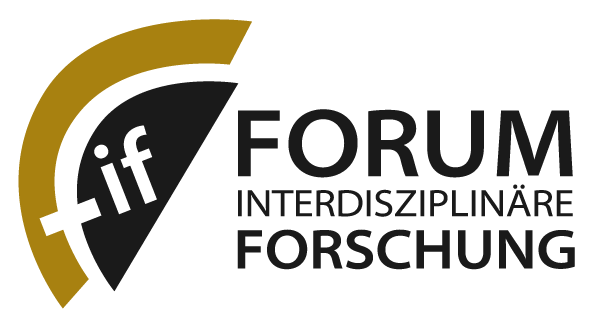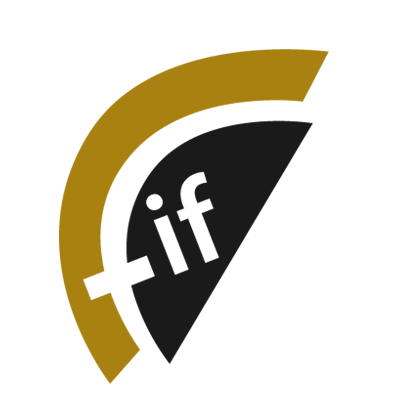However one may think about these developments – the fact that one has to deal with them reasonably seems to be beyond question. Because digitalisation is not an end in itself. It is neither destiny nor blind automatism, nor should it be taken as such. On the contrary, digitalisation must be managed. And this involves coming to an agreement on the challenges, opportunities and problems of digital technologies and exchanging ideas, particularly in the House of Science..
As in previous years, the FiF intends to continue to encourage such critical self-reflection in its events
Events on the topic digitalisation
FiF Lecture 2025 with Michael Knoche
"A future without books? What will happen to university libraries?"
FiF Forum 2024: “AI and Copyright – Is human creativity falling by the wayside?”
on December 12 | Lecture Hall ULB | 18:15 to 20:00
FiF-Workshop 2025 The move towards driverless trans-European truck transport
Interdisciplinary workshop on the topic of "Driverless Vehicles"
FiF Lecture 2022 with Wolfgang Hoffmann-Riem
Power of information intermediaries - powerlessness of law?
Tagung 2020 | linglit | Conference Data in Discourse Analysis
18TH–20TH FEBRUARY 2020 LICHTENBERG-HAUS DARMSTADT
FiF-Workshop 2019 Virtuelle Realitäten
Erstes Vernetzungstreffen zum Thema Virtual Realities / Augmented Realities
FiF DenkRäume 1.19
Smart, vernetzt und transparent: Das Ende von Privatheit und Öffentlichkeit in der digitalen Welt?
Tagung 2018 | FiF | Digitalstadt Darmstadt
18. Juli 2018, Lichtenberg-Haus Darmstadt, 9:00 – 16:30 Uhr
FiF-Workshop 2018 INCEpTION
Auf dem Weg zu einer interaktiven semantischen Annotation
FiF-Workshop 2017 Lernen in der Digitalisierung
Veränderungen verstehen und gestalten
Tagung 2016 | JFMH16 | Die vermessen(d)e Bildung
Möglichkeiten und Risiken digital vernetzter Technologien
FiF-Workshop 2012 Knowledge Discovery (UKP Lab – DIPF)
Intelligente Recherche in Fachliteratur für die Bildungsforschung
FiF-Forum 2012 Allianz für Bildungsinformatik
Auftakt der Kooperation TU Darmstadt – Ubiquitous Knowledge Processing (UKP) – Deutsches Institut für Internationale Pädagogische Forschung (DIPF)
FiF-Forum 2011 Datensicherheit in der Medizin
Forum zum World Health Day
FiF-Forum 2010 Urheberrecht und Informationsgesellschaft
Die Diskussion um Open Access und das Google Library Project
FiF-Forum 2010 Fiktion Privatsphäre?
Die Sorge um die Autonomie in der Informationsgesellschaft



